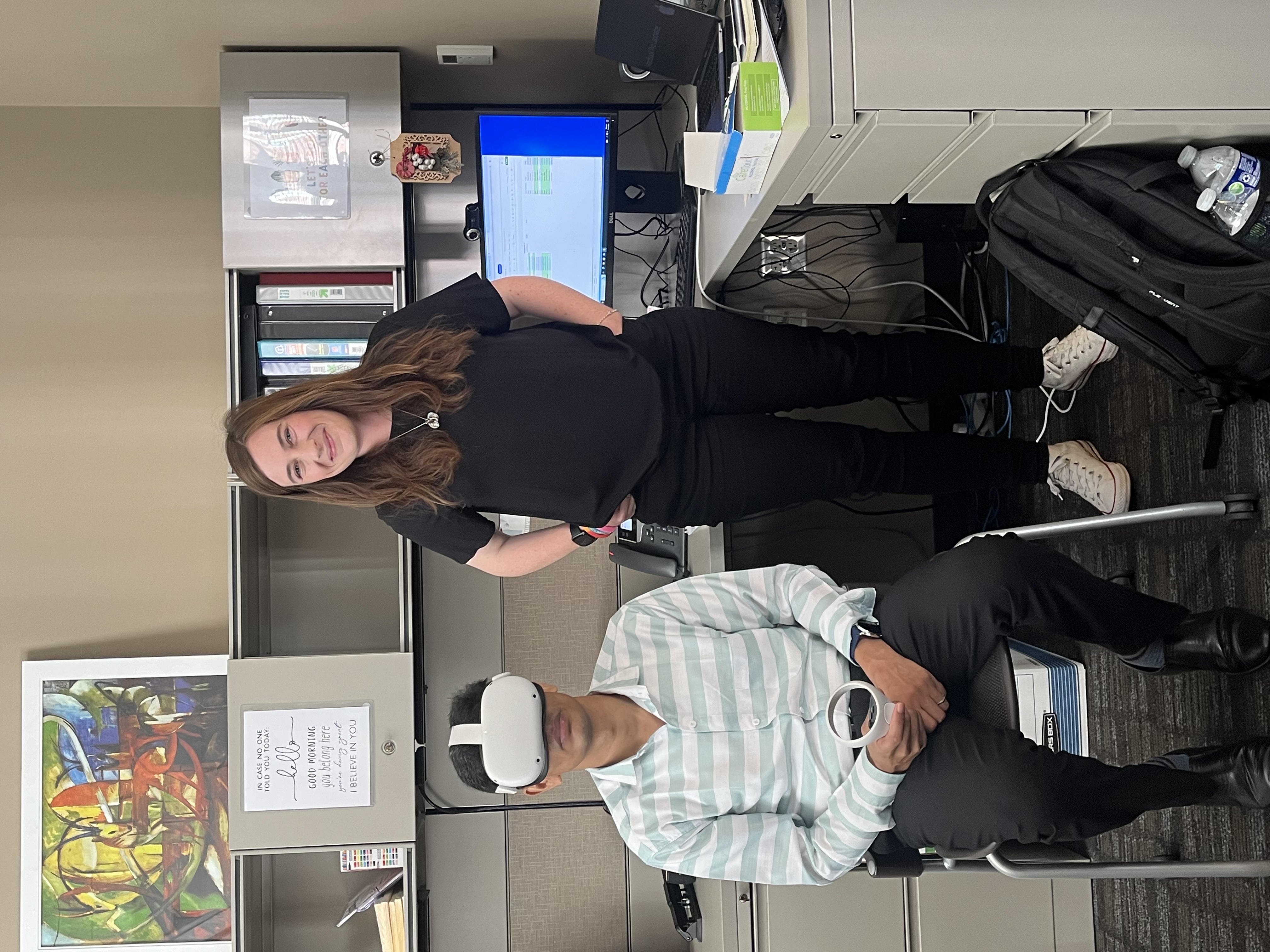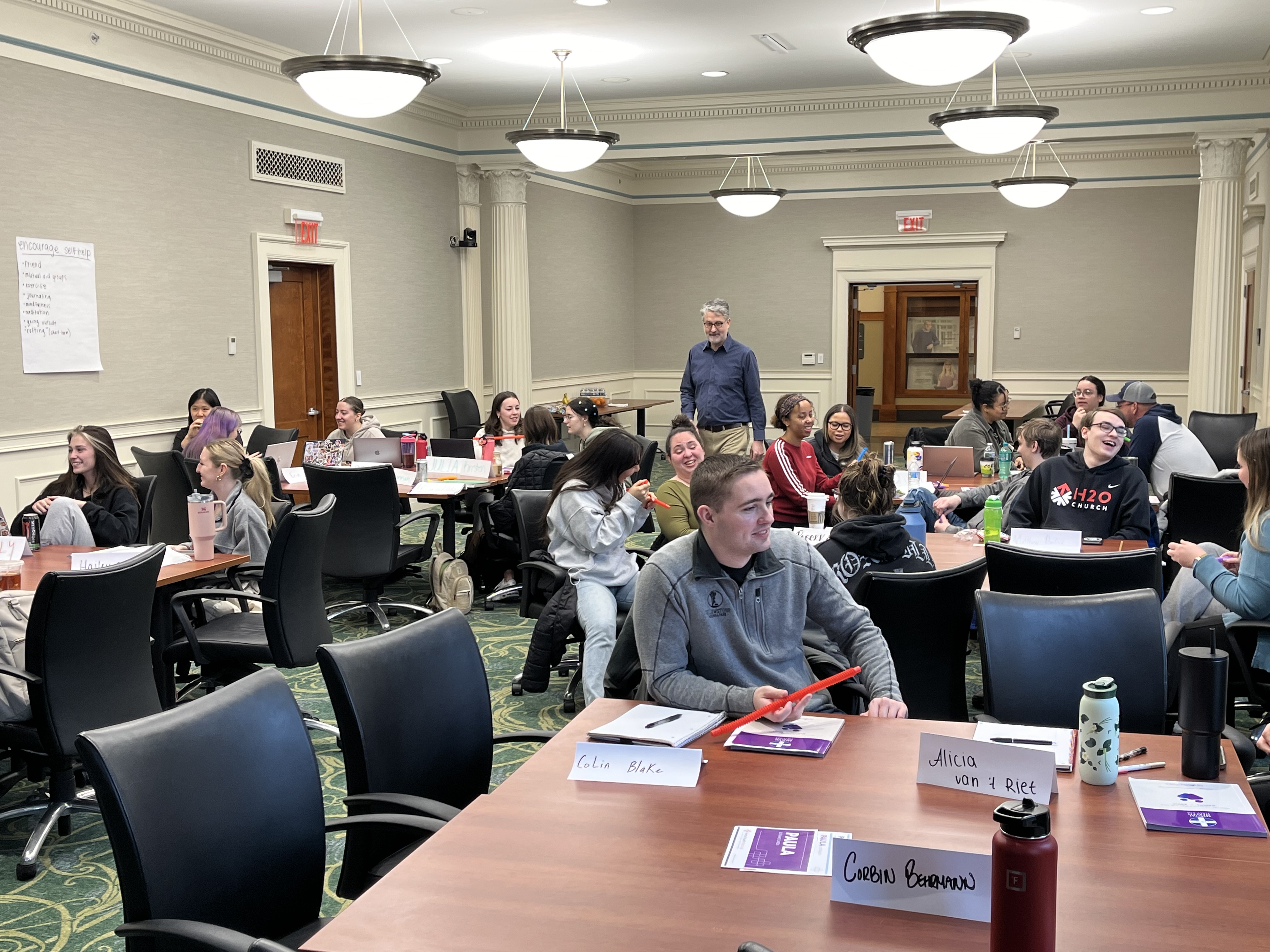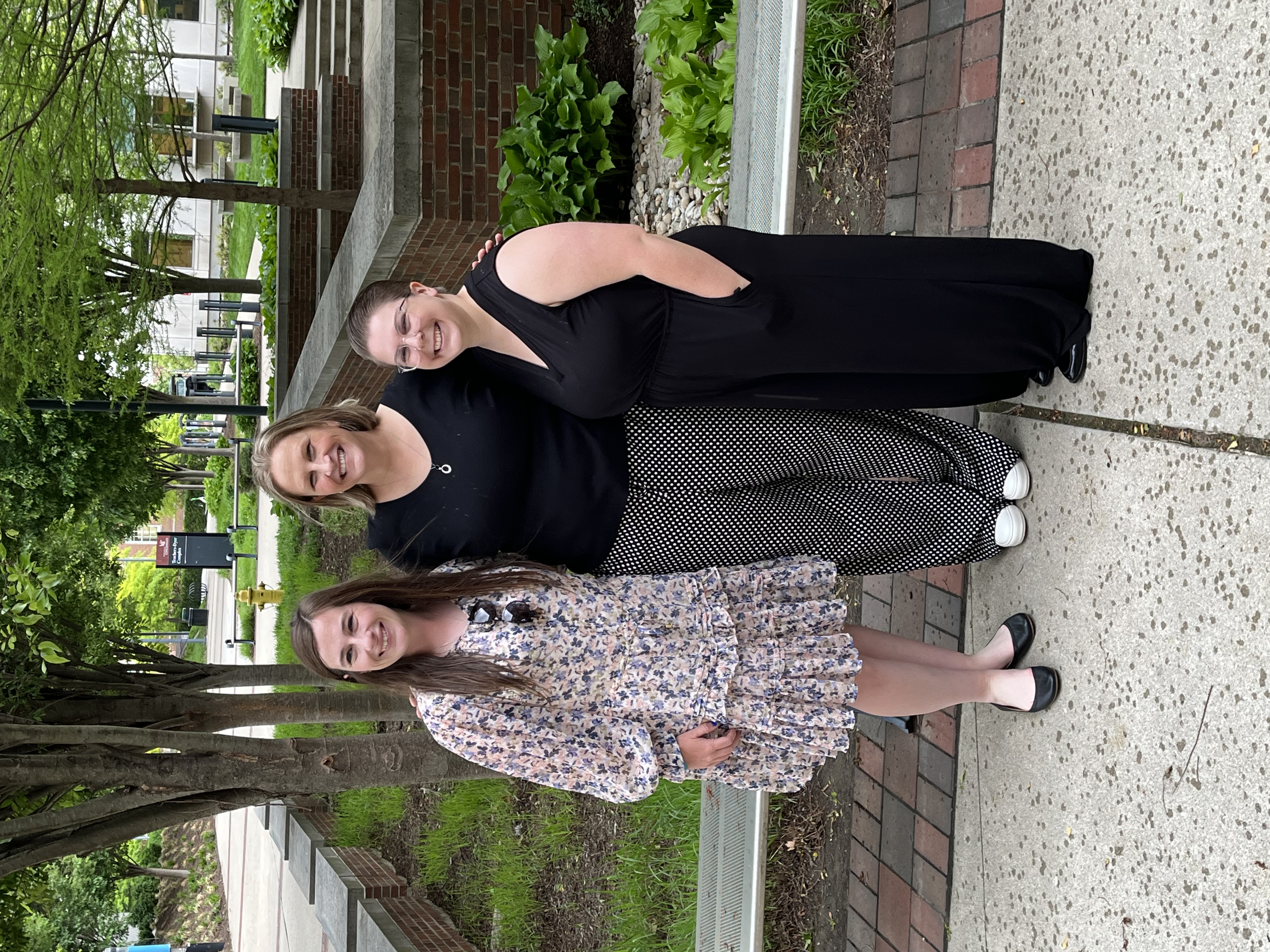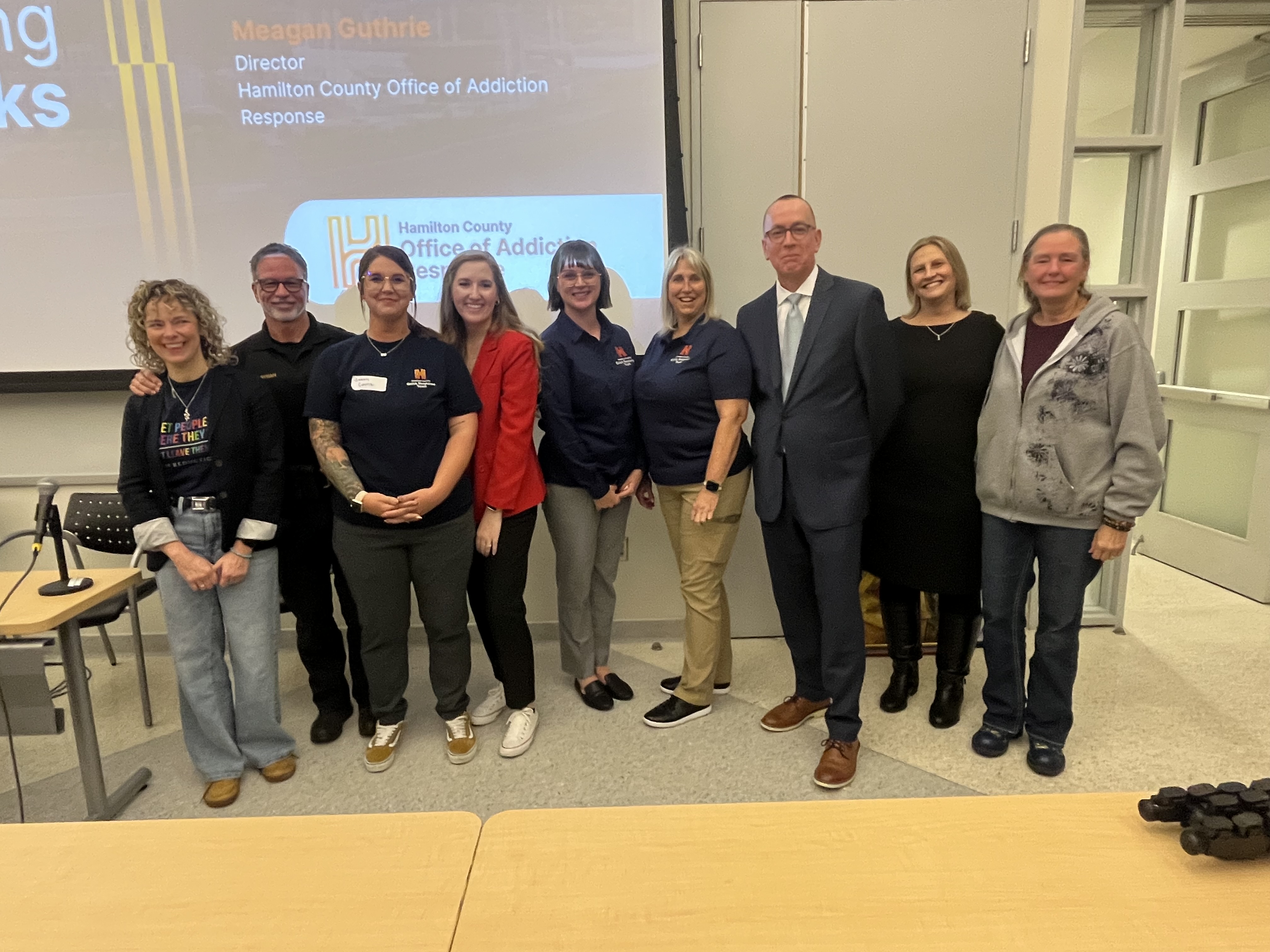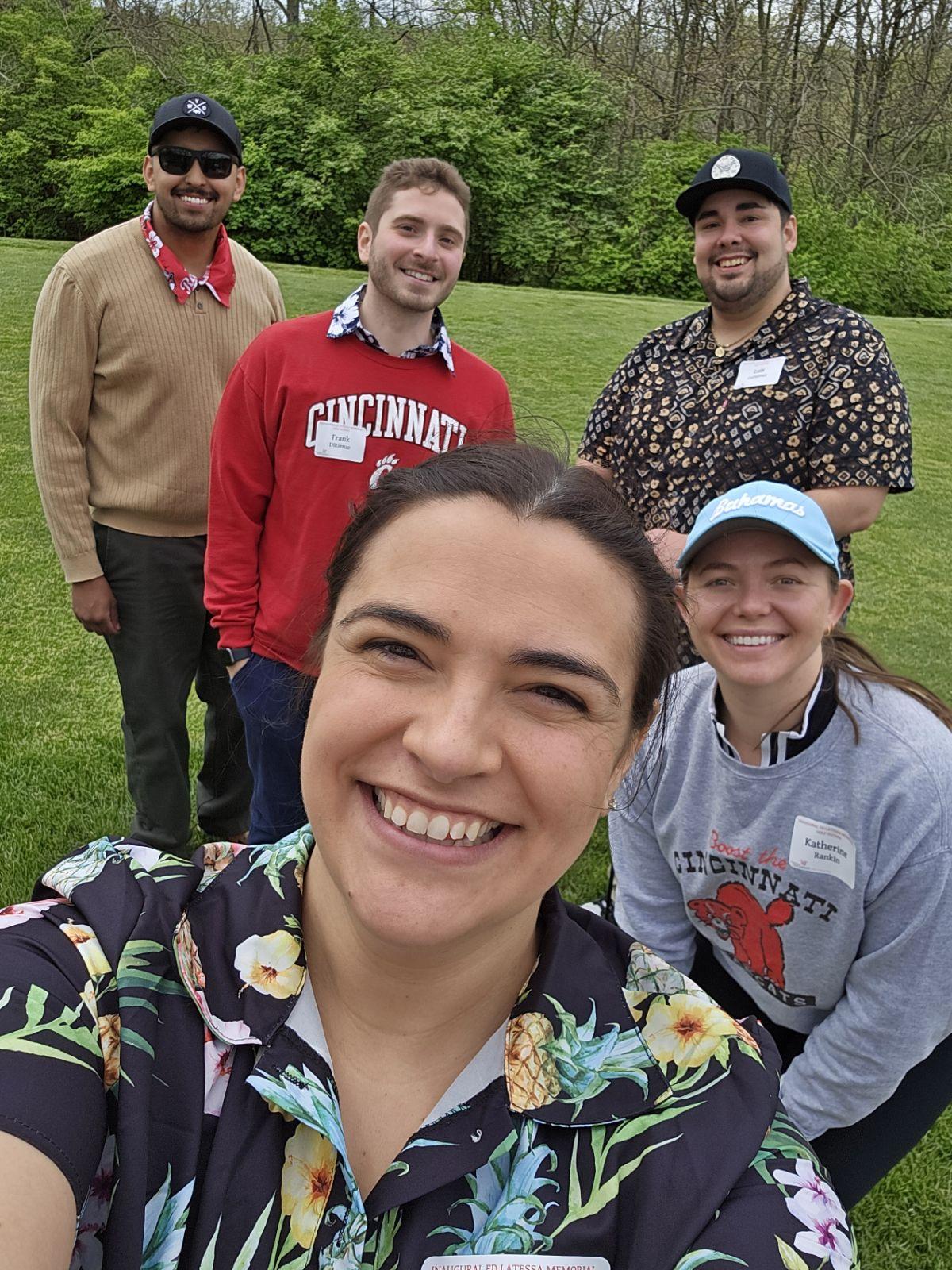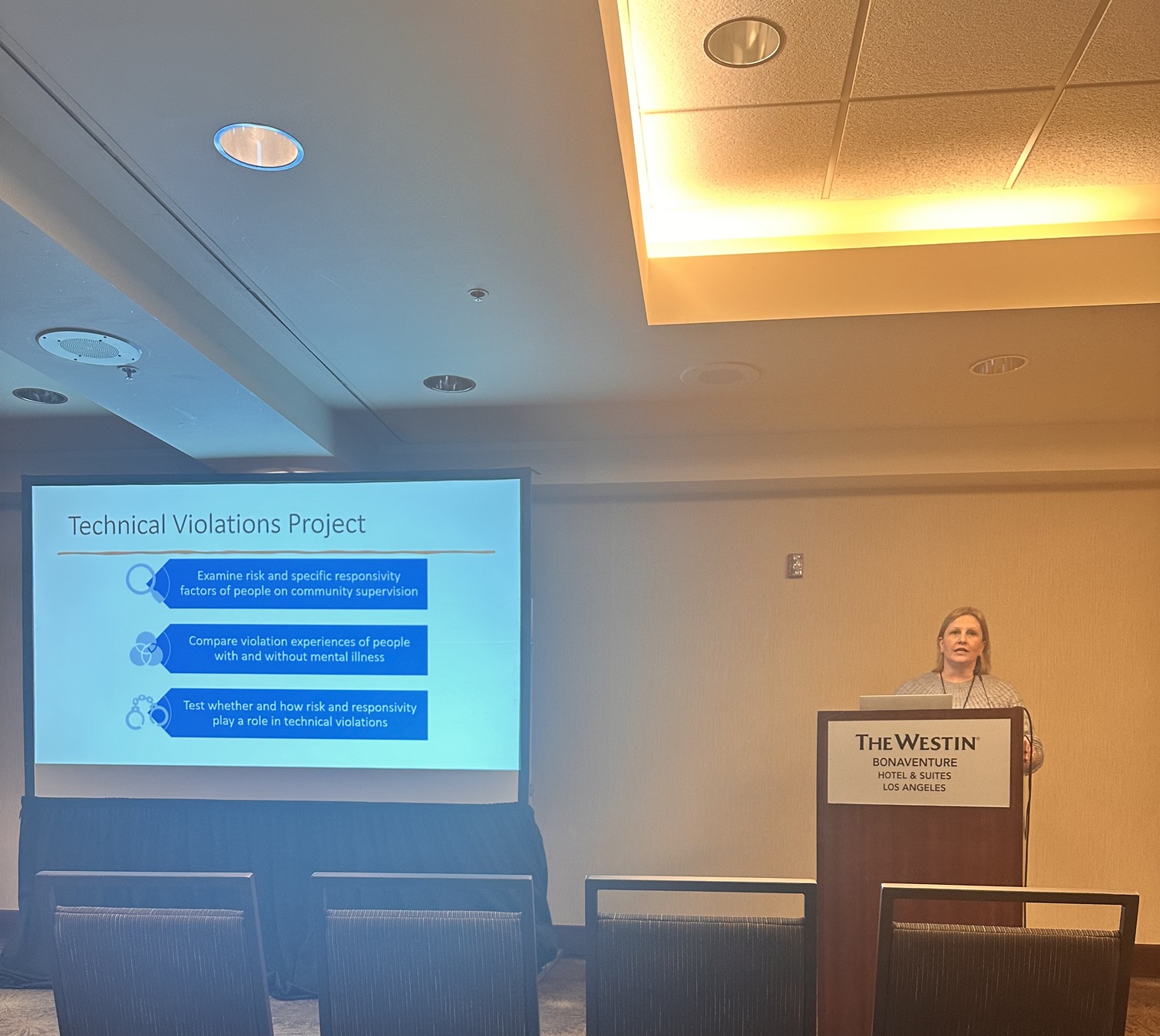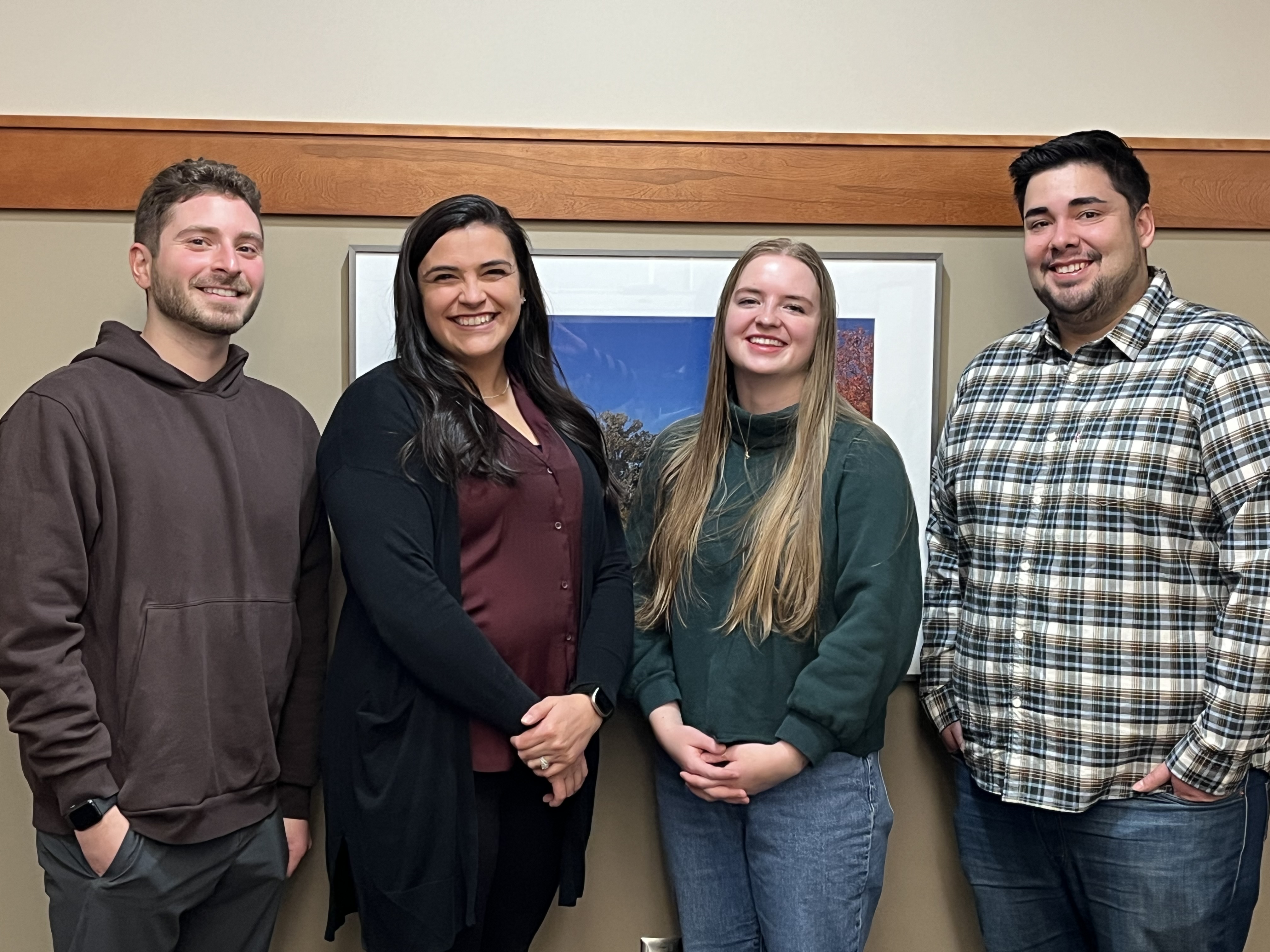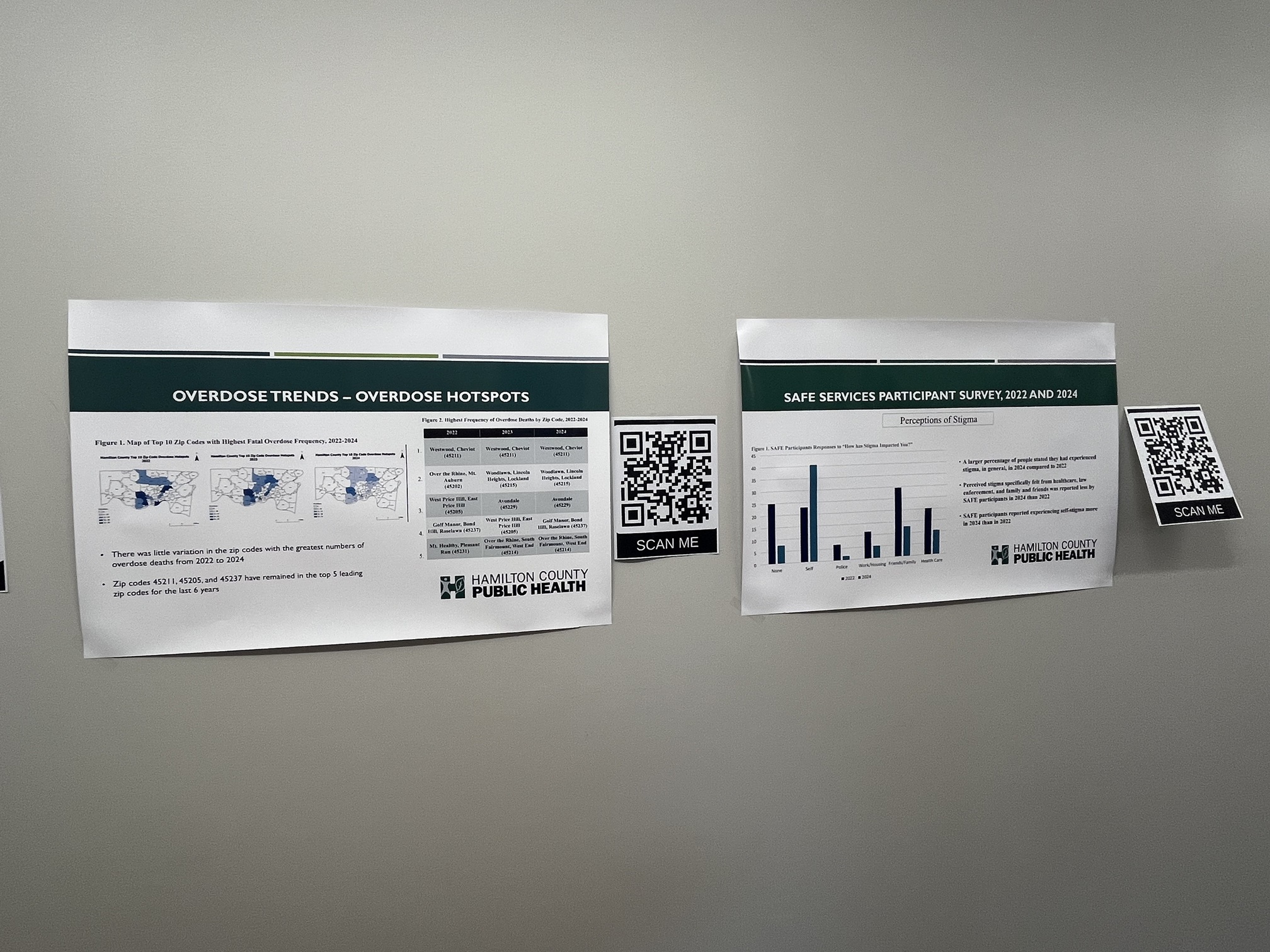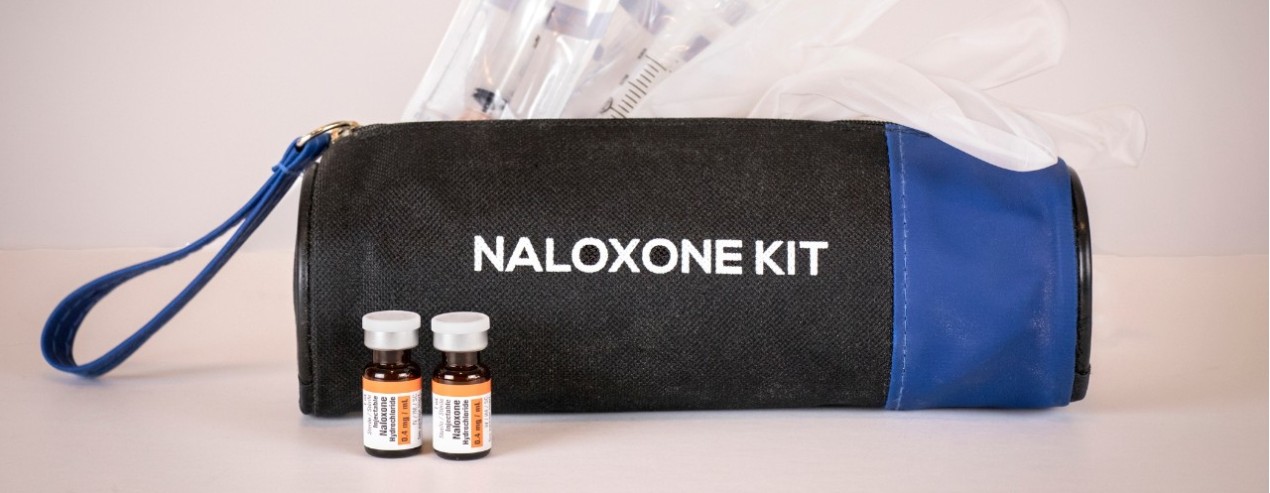Welcome to Mental Health and Justice Lab!
Our work seeks to inform and improve policies, procedures, and service delivery for people who come in contact with the criminal-legal system. Specifically, we study the experiences of people with mental illness and substance use disorder in a variety of settings and contexts, including community supervision, jail, pretrial diversion and deflection, reentry, and specialty courts. Through strategic researcher-practitioner partnerships, we emphasize both evidence-based practices and practice-based evidence. In all we do, we strive to maintain scientific rigor, a sensitivity to individual experiences, and honest recognition of the day-to-day realities facing individuals working, managed, or treated in correctional and treatment contexts.
The Mental Health and Justice Lab supports a culture of inclusion and celebrates diversity in all forms. We believe that our differences make us stronger, smarter, and uniquely situated to create a more restorative and rehabilitative criminal justice system. We strive to actively inform ourselves about systemic factors that disproportionately target and harm marginalized groups within the criminal justice system and do research that serves to change these practices and systems.
With support from the National Institute of Justice and in collaboration with Drs Ben Feldmeyer and Cory Haberman and the Hamilton County Office of Addiction Response, we will be conducting a randomized controlled trial of interventions at overdose hotspots in Cincinnati.
In collaboration with our colleagues--Shauna Acquavita in Social Work and Michael Brubaker and Amanda Oney in Human Services at the University of Cincinnati, we are training future criminal justice professionals in Mental Health First Aid and CRIT- informed crisis response, courtesy of a grant from SAMHSA.
